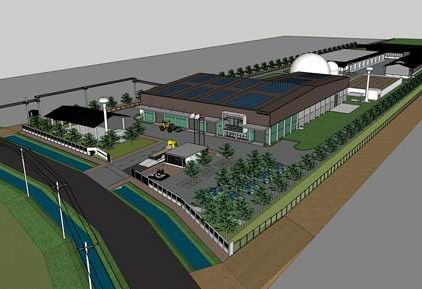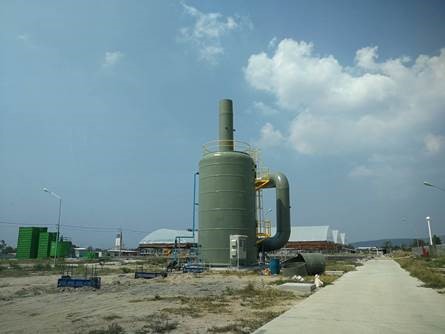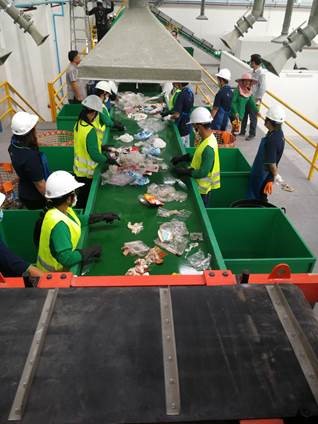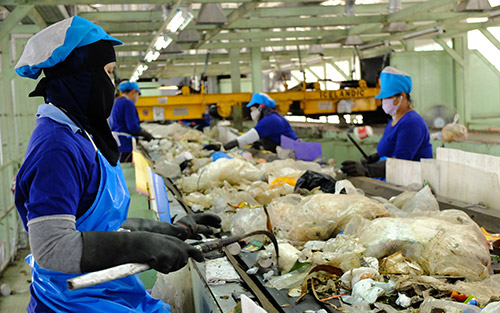Identification and description
 In order to identify the needs of each territory and the optimal siting of our plants, our job starts on the ground through prospection missions.
In order to identify the needs of each territory and the optimal siting of our plants, our job starts on the ground through prospection missions.
This prospection’s main objective is to identify the different types of waste streams (MSW, industrial waste, commercial waste …) and the ways they are handled locally so as to work on more efficient and environmentally friendly ways.
The identification criteria of the needs are multiple: environmental, economical, energy related… The favorable equation consists in the possibility to rely on the possibility to:
• charge tipping fees from waste generators
• sell recyclables (paper & cardboard, plastics …
• transform the organic fraction of waste : compost, fertilizers, biogas/energy
The information collected are afterwards keyed in our technical/financial model to evaluate the feasibility.
 Studies, Engineering design, local permits and licenses
Studies, Engineering design, local permits and licenses
The feasibility study contains all project aspects from the assumptions to the tailor-made solutions: technical, environmental and economical. Several additional studies and analysis will be required: waste analysis, environmental impact, topography, geotechnical…
The various functional units of the project must be carefully defined and sized-up. This step or preliminary design is required to adapt the intended waste treatment unit to each situation: hall for waste reception, waste sorting, recyclables disposal, organic waste treatment (composting plant, fertilizers production, digesters / CHP …), rolling equipment, staff required during construction and operation…
This step leads to a detailed design of the plant, integrated to the local environment, depending on the objectives of each territory. After the detailed design has been finalized, the administration process (depends on each location) of permits and licenses start-up before the construction onsite.
 Installation and commissioning
Installation and commissioning
The construction of the plant can start after approval by the local authorities. Earth work, road, networks, assembly and installation of the equipment, connection to the grid…
Depending on the case, Wheig can be either fully in charge of the project management or look for a specific engineering Company to assist from the permits to the operation.
Operation
 Depending on the local conditions and the Client’s requirements, Wheig can either fully operate the Plant under their own responsibility or just provide supervision of operation, such services being optional : starting from just assisting the project manager for the commissioning till the complete autonomy, performance follow-up, hot-line…
Depending on the local conditions and the Client’s requirements, Wheig can either fully operate the Plant under their own responsibility or just provide supervision of operation, such services being optional : starting from just assisting the project manager for the commissioning till the complete autonomy, performance follow-up, hot-line…
Additional services would generally include performance optimization, management of the alerts and any plant shut-down, ensuring plant availability.
Tasks undertaken under full own responsibility include the waste reception, the waste sorting, the processing of the recyclables and the organic waste treatment
A project director shall supervise the operation and maintenance of the Plant and will be responsible for the performance of the Project.

